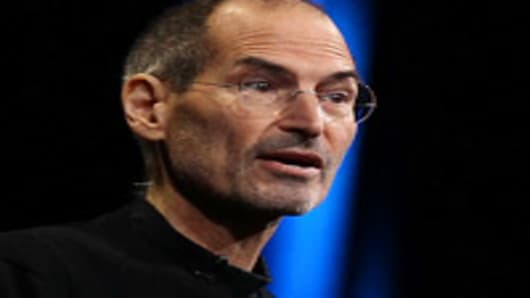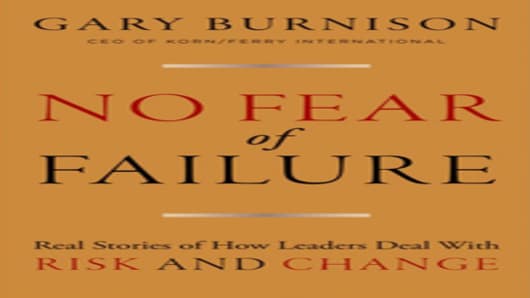The world lost a genius innovator with the passing of Steve Jobs earlier this month after a long and public battle with cancer.
The father of a bevy of iconic i-products, the jeans-and-black turtleneck-wearing Jobs was far more than corporate leader; he was a symbol of a generation of cutting-edge technology.
In a brief statement, Apple’sboard of directors saluted Jobs’ “brilliance, passion and energy” as the “source of countless innovations that enrich and improve all our lives.”
But what about failure?
Equally powerful was the example that Jobs set for trying and failing, learning the lessons, and then rising like the proverbial phoenix to achieve even greater heights. Along the way, he showed us the blood and guts of innovation, which is neither linear nor easy, but rather happens in fits and starts, setbacks and comebacks.
Jobs’ stellar resume includes nothing less than “redefining the digital age,” as the New York Times noted. Yet, there were some notable sidesteps along his path to incredible success: dropping out of Reed College after one semester; being ousted from Apple , of which he had been a founder; and founding the computer company NeXT, which never really took off in the way that Jobs envisioned. Out of that disappointment, however, came Jobs’ triumphant return. In 1997, Apple bought NeXT for $429 million—and Jobs returned to Apple where he eventually took over as CEO.
Reading between the lines of a Job’s quote—“…Don’t let the noise of others’ opinions drown own your own inner voice. And most important, have the courage to follow your heart and intuition…”—one can derive the life lessons that can only come from trying, failing, learning, and trying again. This is the epitome of having no fear of failure.
Equal parts courage and calculation, being unafraid to fail is one of the most important traits for leaders in any field. It defines the ability to take risks after identifying the downside, ad not being held back by the possibility—indeed, even the probability at some time—of failing.
In conversations with leaders across numerous fields—from business to public service, philanthropy, sports, and the military—I have been amazed by the universality of this quality. Those who have distinguished themselves by their accomplishments have done so in the face of the occasional failure, while never playing it too safe or being daunted by the consequences.
By no means does having no fear of failure connote a cavalier attitude, as if the consequences are completely immaterial. As the leader, your actions have a direct impact on other people’s livelihoods—not just your own. However, one cannot be held captive by the potential consequences when things do not work out as planned. In fact, great leaders understand that the far bigger danger is not taking risks, knowing that trying to stay static in a perpetually moving world is insanity.



